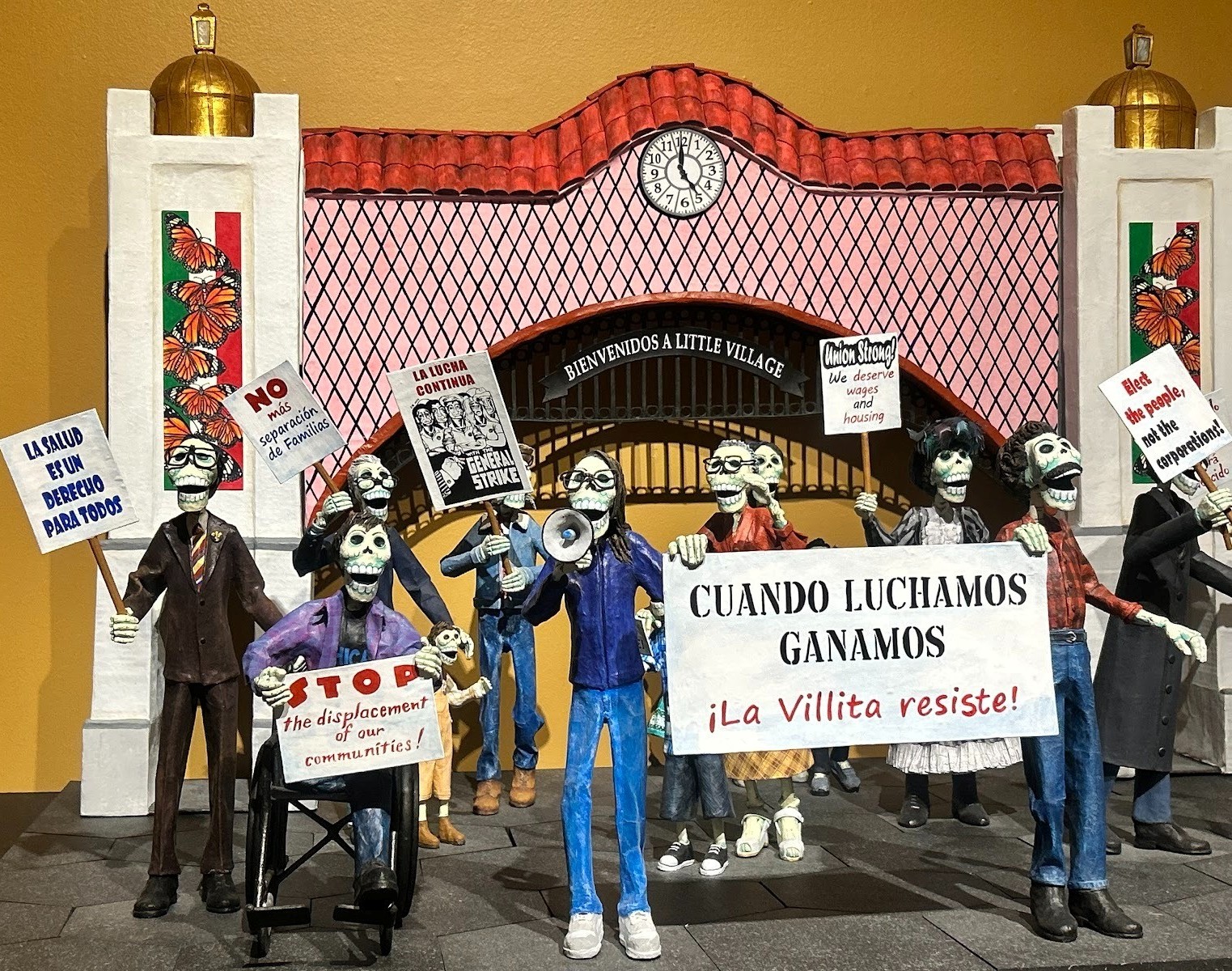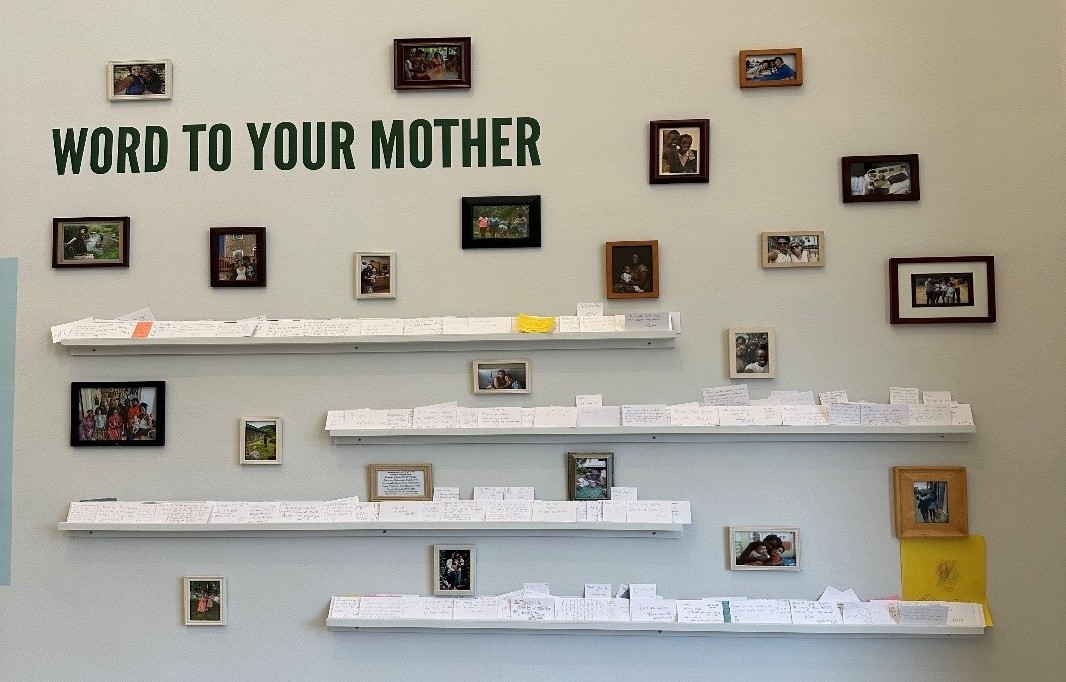
- Image by beautifulcataya via Flickr
Despite signs that the Chicago economy is slowly pulling out of a recession, servers at restaurants in the city say their customers are spending money carefully: tipping less, ordering inexpensive meals and cutting back on liquor.
Several servers from high-end Chicago restaurants said, even though their incomes have increased since 2008 and 2009, they still continue to struggle.
“In the past, customers would tip 25 to 30 percent of the bill. Now it’s like 15 percent has become more of the norm,” said Shaunna Patterson.
Patterson is a 30-year-old server at Gibsons Bar and Steakhouse in the Gold Coast. She said she doesn’t see extra tips anymore and customers are more cautious about what they order.
“Customers used to go all out and order bottles of wine and a lot of food,” she said.
Patterson said she has also noticed changes among groups of business diners. Customers now ask for their liquor bill to be separate from the food so their companies pay only for the food portion of their meal.
She said she has downsized to a studio apartment, watch her spending and save her money because of the decrease in her tips. On her days off, she goes into work and tries to pick up shifts from other servers.
The National Restaurant Association reported this month that the economic downturn is easing for much of the industry. The association estimated that restaurant sales will reach $580 billion this year, a 2.5 percent increase over 2009 sales.
When adjusted for inflation, 2010 sales are flat, which is an improvement over the 1.2 percent decrease in sales in 2008 and the 2.9 percent drop in 2009, the association said.
Some have been hit so hard by the recession they have been forced to relocate.
Stephen Gleich, also 30, moved to Chicago from Iowa City in 2008. While in Iowa he was part owner of a tapas restaurant, but saw the restaurant losing business. He decided to sell his portion of the ownership and move to Chicago.
“Everywhere is the same; recession is anywhere you are,” said Gleich.
Gleich is a bartender at Luxbar in the Gold Coast. He said the restaurant business usually picks up durning the spring and summer, but he did not see any increase in the summer of 2008, a factor that cemented his decision to leave the tapas restaurant in Iowa City.
Since relocating, Gleich has earned enough to support himself and pay his bills.
“Everybody who comes to the bar has something to say about the recession,” he said.
Gliech said he hasn’t noticed customers tipping less, but he has noticed that there are fewer patrons in the restaurant and that customers order less food and drinks. His said regular customers continue to visit the restaurant.
“[Customers] see [the recession], they feel it, they know it’s around, but it wasn’t going to stop them from doing their day-to-day routine… coming to Luxbar for lunch,” said Gleich.
Danielle Yasko, 26, was a hair dresser in Atlanta, but couldn’t afford to live there when the economy soured and decided instead to move in with a friend who lived in Chicago. She found a server position at Luxbar and has been with the company for a year and a half.
“2010 was the best year for me as far as tips,” said Yasko.
While other co-workers have complained that the recession has been hurting them financially, Yasko said she was able to support herself while working at Luxbar. She works six days a week and picks up extra shifts whenever she can.
During the winter, she continues to cut and style hair as a means of earning extra cash during the restaurant’s slow time.
Other fine dining restaurants have not posted a downturn during the recession. Some of the servers said they considered themselves “lucky.”
“There is no recession at Joe’s,” said Frankie Salinas.
Salinas, 34, a server for Joe’s Stone Crab in River North, said the staff has maintained an upbeat attitude during the recession. He said, even though he has observed tips dropping to 18 percent from the usual 22-23 percent in the past year, the restaurant was still steadily booked with reservations.
“We’re one of a handful of restaurants where it’s consistent,” he said.
He also said the prices on some of the food items were lowered a few dollars and the everyday patrons noticed.
“Most people that came to Joe’s would go there to get away from the recession problem,” Salinas said.
















Be First to Comment